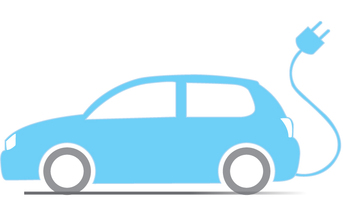
Over the past decade, India's cities have been witnessing an increasing trend in motorisation. This rapid motorisation also has increased the awareness towards reducing vehicular pollution and shifting towards cleaner engines and alternative technologies. "In this context electric buses can play a positive role, as there are several benefits associated with the shift from conventional diesel buses to electric buses in terms of reduction in local pollution, noise and fuel consumption," says T. Venkataraman, Senior Vice President-Global Buses, Ashok Leyland.
Agreeing to the point, Nishant Arya, Executive Director, JBM Group mentions, "Electric vehicles have more advantages compared to conventional mode of transport. There is a zero guilt factor to start with as it conserves the environment. The initial investment one makes in an electric vehicle can be recovered in the form of cost saving in a limited period. If production of electric vehicles is promoted well, there will be benefits of economy of scale and the initial cost will come down for the end user."
Government's support
"Considering the environment factor, few states in India have already started expressing interest towards adopting green technologies for reducing vehicular pollution and have taken initiatives towards piloting such vehicles in their fleets. Ashok Leyland is in active discussion to take things forward towards
this direction. In places like Himachal Pradesh and Maharashtra, the State Transport has shown keen interest plying 100 percent battery operated Electric Buses, which is pioneering urban transportation landscape in India. Ashok Leyland's target market segments are mostly in the Tier 1 metro city circuit's and staff transportation. Other than these, the company also continues to focus on other suitable applications for adopting electric vehicles such as heritage sites, rural areas, hill stations, airports, IT firms and educational institutions," Venkataraman informs.
"The union government's ambitious programme of Faster Adoption and Manufacturing of (Hybrid &) Electric Vehicles (FAME) under National Electric Mobility Mission plan (NEMMP) aims at converting at least 20 percent of total bus industry to be electric by 2020 is expected to act as a catalyst to this movement," he further adds.
(Continued on next page)



























